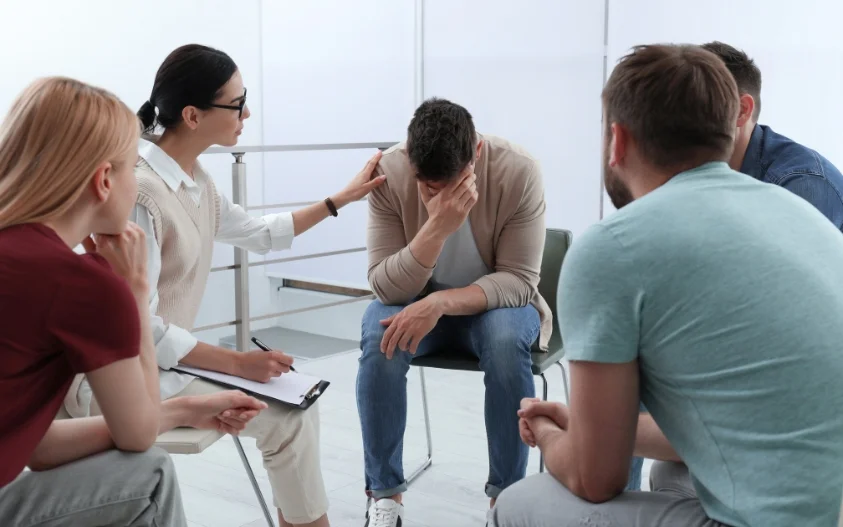24/7 Helpline:
(866) 899-221924/7 Helpline:
(866) 899-2219
Learn more about PTSD Treatment centers in Witmer
PTSD Treatment in Other Cities

Other Insurance Options

PHCS Network

Magellan

EmblemHealth

ComPsych

Medical Mutual of Ohio

BlueCross

Sliding scale payment assistance

Humana

Covered California

Providence

State Farm

Sutter

Magellan Health

Premera

AllWell

Choice Care Network

BlueShield

Lucent

Multiplan

Molina Healthcare












